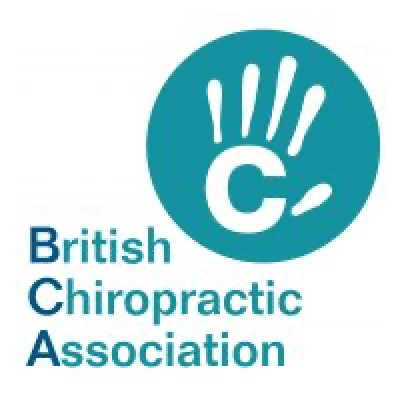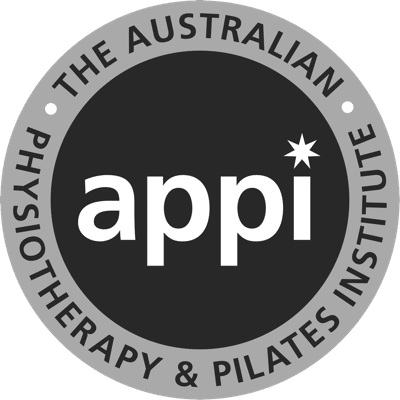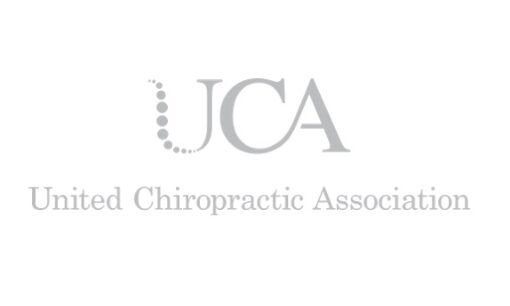Postnatal Period: Mental Health
Childbirth is commonly viewed and portrayed as a predictable, happy and special life experience. It is also a life-transforming event, often followed by a postnatal period of heightened psychological vulnerability. For many, it takes time to adjust to and can leave mums feeling overwhelmed, anxious and low. But when is this just normal, and part of the expected ups and downs, and when is it a problem?
It is not unusual to romanticise childbirth, nor unusual to think it will be a beautiful event. It is easy to think of motherhood as a happy and joyous time. If the delivery is nothing like you expected, or hoped it might be, it may be quite a shock. What if you made a birth plan and even had a ‘worst-case scenario’ that you wanted to avoid? Or perhaps there was a definitive ‘I will not have…’ list that ended up happening? This can leave you feeling cheated and traumatised, you may even feel a sense of grief. It’s hard to think of the birth of your baby as being traumatic, but it can be. The repercussions can affect many things such as your recovery, how you parent, and your emotional well-being.
Effect on Emotional Well-being.
About 85% of women experience mood fluctuations postnatally, a lot of these are normal and influenced by hormonal fluctuations and sleep deprivation. Many women experience what is called ‘Postpartum Baby Blues’. This is predominantly feelings of sadness, mood swings, anxiety or being tearful. It is usually short-lived, starting around 3-4 days post-delivery, when your milk is coming in and hormones are all over the place. It can last for around 2 weeks.
However, it is estimated around 10-15% of women develop ‘Post-Natal Depression’ (PND), which may require extra support to help recover from.
Symptoms of Postnatal Depression:
Postnatal depression can come in many forms and differs from person to person, but is usually a low mood that leaves you struggling to cope and withdrawing from everyday activities.
If you are finding it hard to bond with, hold, respond to, or care for your baby, it could be a symptom of PND and is not your fault or your failing. The responsibility of motherhood can feel overwhelming and may be hard to deal with. These feelings create a sense of guilt or shame which only make you feel worse!
It will also affect your confidence. This is completely understandable as we often go from being self-assured and independent in our jobs and lives, to the unpredictable and new experience of motherhood. It can be a lonely time as sometimes you may not see another adult all day. Feeling like this does not mean you are ungrateful or love your baby any less. This loss of identity and complete lifestyle change is a huge adjustment and can be a tough one to navigate. There is a perception that you ‘should’ know what to do, but this is not true at all. Learning to be a mother, and caring for your baby, is a new skill and mothers require support and reassurance.
For some, these difficult feelings escalate which therefore lead to frightening or intrusive thoughts. Thoughts of hurting or leaving the baby, your partner or self-harm are frightening and hard to talk about or admit to. They are just thoughts. You may not realise it, but other mothers may be experiencing similar. We can’t control our feelings, but we can control our actions and response to the feelings. It may be that you need some help and support to in order deal with them.
Further Effects:
A low mood and a lack of energy may impact relationships. It can also change your libido, or simply make it too hard to care for yourself. Anything that prioritises you, such as basic personal hygiene, diet and exercise is often left to the bottom of the list. This may only serve to make you feel worse.
Such symptoms are not uncommon, yet can have such an impact on a new mother. It can become all-consuming and completely overwhelming. If you are experiencing any of these symptoms or recognise them in a friend or loved one, reach out because support is available.
Anyone with a history of depression, anxiety or trauma may be more predisposed to experiencing emotional difficulties during the postnatal period, although this is not always the case. A negative or traumatic birth experience, complications or unplanned interventions during delivery can all affect how you feel afterwards, for some it can develop into Post-Traumatic Stress Disorder (PTSD).
Traumatic birth experiences can be hard to process. It may lead to intrusive memories or flashbacks that resurface months or even years later. Reaching big milestones, such as your babies first birthday, may be difficult. Flashbacks could include when returning to the hospital. Images of the event coming to mind may feel real and cause a physical response as though you are re-living the experience. This is extremely distressing.
You may find yourself avoiding things or places that remind you of the birth. You may also find you are unable to recall or talk about parts of it. Additionally, you may become too distressed when you try to. Some people find they just feel numb.
PTSD can also lead to hyper-arousal making you hyper-vigilant or irritable, extremely anxious, obsessive, or prone to outbursts of anger. Many of these symptoms are normal reactions to trauma and can pass as your brain gradually processes the events. PTSD is where those feelings last for longer and have a bigger impact on your life. Such as affecting sleep, behaviour, mood, relationships and possibly sexual avoidance and a fear of future pregnancies or childbirth.
Emotional or mental health issues can be helped. The first, and often hardest step, is recognising the problem and asking for the help.
Where to Go For Support?

- Firstly, you can talk with your GP. They should be able to offer help to suit your needs.
- There is also the birth trauma association: www.birthtraumaassociation.org, which offers support. It is a platform for you to share or learn about the experiences of others. You will see that you are most definitely not alone.
- Improving Access to Psychological Therapies (IAPT), is an NHS service that offers short term therapies. You will find services available in your local area. You can refer yourself online to assess the most appropriate support or treatment. In Gloucestershire there is the Let’s Talk service which you can access.
- Different people will find different interventions suit them. Cognitive Behavioural Therapy (CBT), Eye Movement Desensitisation and Reprocessing (EMDR) have good evidence in being effective to help PND and PTSD. These, and many other approaches, involve creating a warm, non-judgemental environment and safe space to explore ways to support and help you. There are local private practitioners that you may find suit your individual needs.
So many women suffer with postnatal mental health issues, often alone and in silence. It’s time we remove the stigma, guilt and shame around these very real and distressing problems. You are not alone, and there is help available. It is possible to get through this, leaving you free to enjoy being a mother.
Read onto our next article by Lizzy, as she asks you… Are you Wimbledon ready?

























